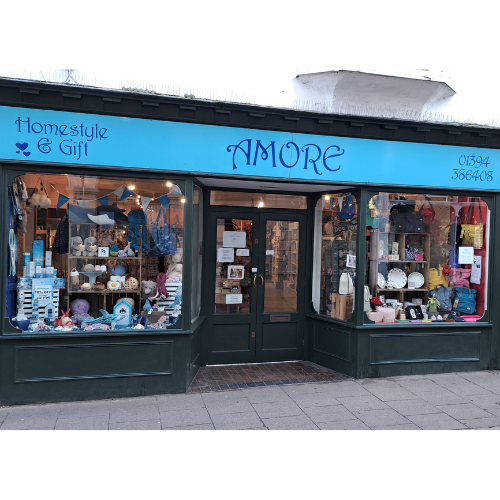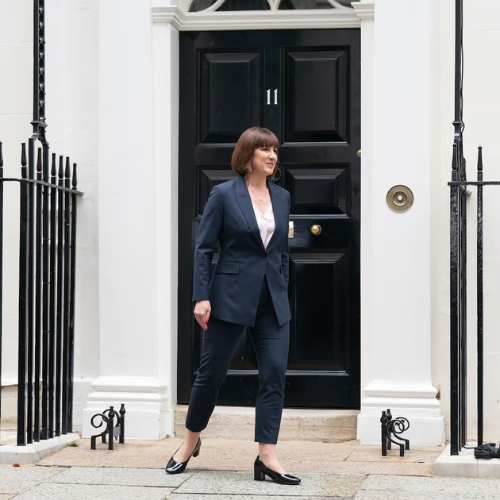New analysis from the British Retail Consortium (BRC) and UK Hospitality has revealed that the sectors collectively pay one third of all business rates in the UK, while accounting for 9% of the economy.
Both organisations are united in their call for the Chancellor to implement a fairer level of business rates for retail and hospitality in the Budget to rebalance a system that unfairly punishes the UK’s high streets and town centres. This was a manifesto pledge from Labour ahead of the Election, which promised to ‘replace the business rates system so that we can raise the same revenue but in a different way.’
A lower rate for retail and hospitality, which together employ around six million people, would unlock investment in high streets, while also stemming the loss of shops, pubs, restaurants and hotels, and the jobs that rely on them.
In 2023/24, retail and hospitality businesses combined to pay almost £9 billion in business rates, 34% of the overall rates bill, while accounting for only 9% of the overall economy.
Current business rates relief for retail and hospitality is set to end on 31 March 2025, costing the sectors a combined £2.5bn. That would take their bill up to £11bn, accounting for 44% of total rates.
“Consumers want diverse and thriving high streets, but this is held back by the broken business rates system,” states Helen Dickinson, chief executive of the British Retail Consortium. “It is the biggest barrier to local investment and prevents the creation of new shops and jobs.”
She continues: “Already, the industry pays far more than its fair share – retail accounts for 5% of the economy, but pays 7.4% of all business taxes, and over 20% of all business rates. The Budget is a great opportunity to right this imbalance, ensuring that retail pays a fairer level of business rates.”
Top: The BRC and UK Hospitality are urging the Chancellor to implement a fairer level of business rates in Wednesday’s Budget.






















